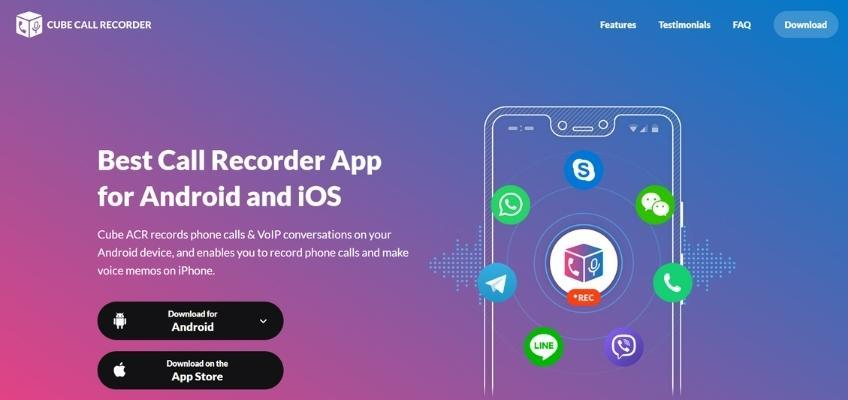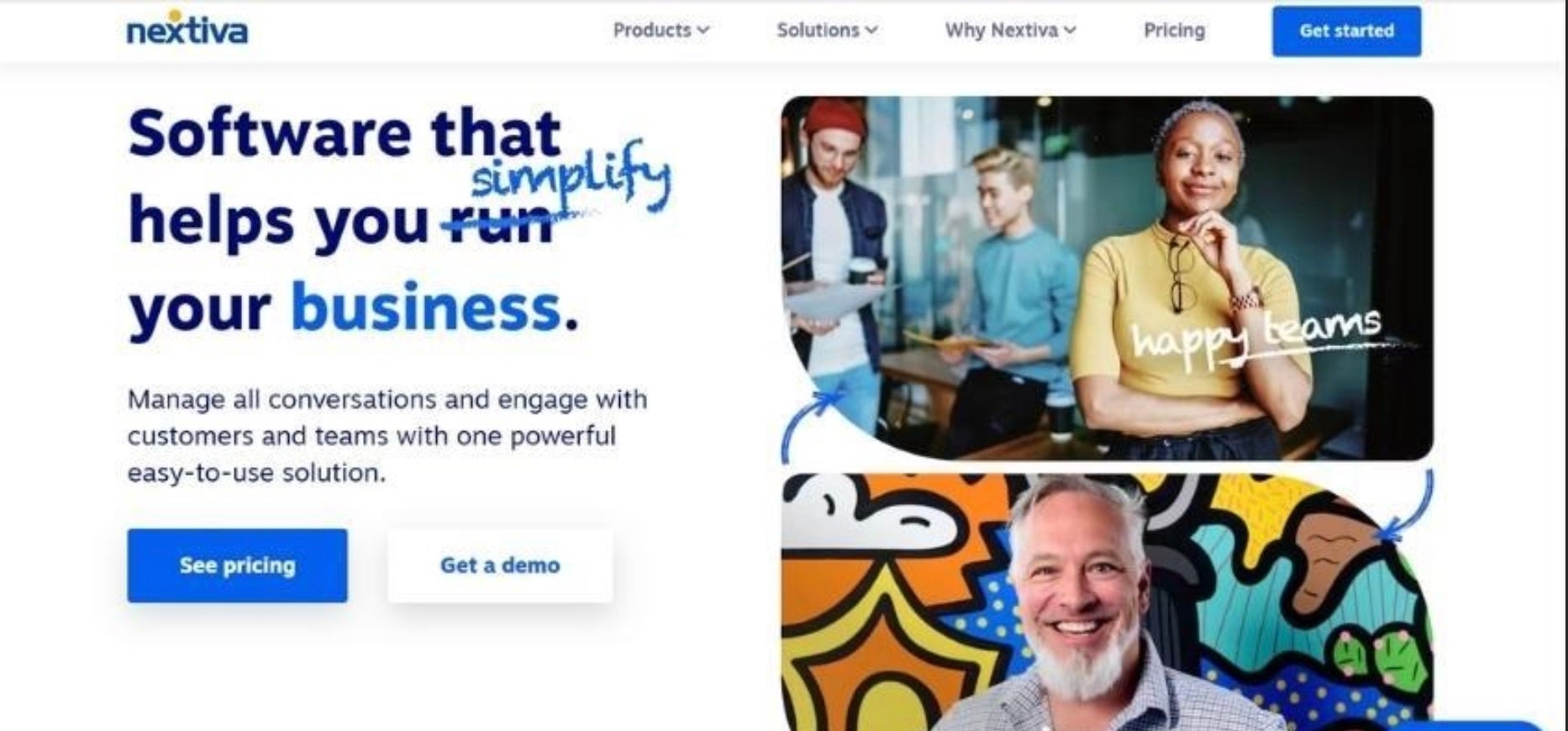
In a world where every phone call could be a treasured memory, an important interview or a podcast waiting to happen, your Android device can act as your producer. Yet, when it comes to recording calls, it might not cooperate like you expect.
For some lucky users, call recording is just a tap away, but even then, features can vary based on factors like your carrier, the type of Android device you own and your geographical location.
If you struggle to understand why your phone won’t record calls, we have a few simple workarounds to make it possible. Let’s explore five quick and easy ways to capture your calls on Android.
Did you know that recording a call without someone’s permission can violate their privacy and may even be illegal? So, before we detail the ways you can record a call on your Android, let’s talk about the legality of recording phone calls and what you need to know before you hit the Record button.
Tech companies take privacy seriously, and that’s why some phones don’t allow you to record calls by default. That’s also why most call-recording apps play a message when a conversation is recorded.
Since we’re not lawyers, we won’t get into the nitty-gritty here. We just encourage you to look up your local laws and abide by them.
In the U.S., for example, most localities follow a simple rule: If one person in the conversation knows and agrees to the recording, it’s okay. But some states require everyone on a call to formally consent to being recorded.
So, be sure to record responsibly to respect everyone’s rights and not get in trouble with the law.
In a best-case scenario, your Android device can natively record calls — but not everyone can do this due to privacy restrictions. For example, the phone we used for this post only allows automatic recording for unknown numbers. And Google Pixel phones don’t support native call recording at all.
To check your phone’s compatibility and turn on call recording, follow these steps:
If you can turn on automatic call recording, remember that all recordings will be stored on your phone, which can quickly use up your memory. It can also leave you sorting through a lot of needless call logs.
If you can’t record calls automatically, you might still be able to record individual calls. This is a pretty straightforward process — you’ll just have to remember to hit Record when you’re ready to start recording the call. To do this, you’ll find a Record button on your phone’s call screen or hidden under the three-dot menu during a call; simply tap this button during a call to start recording a conversation.
If your Android phone doesn’t support call recording out of the box, don’t worry because there are plenty of other methods.
Your next best bet would be to download a call recording app from the Google Play Store — that is, if you can find one. Again, we’re dealing with privacy regulations, and Google’s policy changes in recent years have made it more challenging to find call recording apps in its store.
In 2022, Google introduced policy changes that limited developers’ access to Android accessibility settings. This prevented many third-party apps from recording calls. Those still in the Google Play Store had to find workarounds, so you may need to “allow restricted access” in your settings, which is a privacy concern to some.
Still, if you’re looking for a general call recorder app, a few reputable ones include Call Recorder – Cube ACR, Call Recorder by Lucky Mobile Apps and Automatic Call Recorder Pro. On a basic level, these apps allow you to record cellular calls and calls from Voice over Internet Protocol services like Skype and Messenger. Cube ACR also has a privacy guard, geotagging and cloud backup features.
Most call recording apps are free to use, but they rely on ads and in-app purchases for monetization.
Since these apps will record your voice and access phone features, you’ll need to pay close attention to their privacy policies and your local regulations.
And if none of these apps meet your needs, you can still record a phone call using a few other methods.
If you can’t use any of the methods above or you just want an easy recording hack, you can always capture conversations with a separate device. This may not be the most refined method, but it works, and most of the time, the call recording quality is fine. It’s also likely to be the most discreet way to record a call.
Recording a call with a separate device is simple. You just need to put your Android call on speaker and use a backup recorder like another phone or tablet to capture the sound from your speakers.
On the plus side, you won’t have to listen to the annoying recorded call message. That means it’s up to you to get the other party’s consent per legal requirements in your area and disclose the recording. Some other difficulties with this method might include speaker feedback, distortions or other quality issues.
If you decide to opt for manual call recording, here are some tips to capture clean audio:
It’s best to use this method only when in a pinch and when other options are unavailable. We’d also suggest doing this only for one-off calls since there’s a higher chance of getting a low-quality recording.
Google Voice is a built-in feature for Android devices that offers call recording straight from your phone app. However, while it’s a convenient option, Google Voice has a few limitations.
First, your Google account type dictates what you can do. On Personal accounts, you can only record incoming calls, not outgoing ones. This means this method isn’t viable for any calls that you initiate. You also can’t record conversations automatically and might miss capturing important parts of a call.
Workspace users get more recording options, but you’ll also need a separate Google Voice license, and even then, recording features vary by plan. For example, some plans don’t support automatic call recording. You can log in to your admin settings or check with your Workspace administrator to see which features your plan supports.
To enable call recording in a personal Google account, follow these directions:
You can also tap Record during a call in a Workspace account if the admin has enabled this option.
In short, Google Voice is convenient for some cases, but it’s not the best option for personal users or those who need more robust features. If you’re looking for a call recorder that can do everything, we suggest you check out a business VoIP system.
A dedicated VoIP service is the best way to record business calls; this way, you can capture both incoming and outgoing calls. And depending on your provider and plan, you might be able to access features like automatic call recording, caller ID, chat, video and rich contact analytics.
SEE: 10 VoIP Features That Can Benefit Your Small Business
Popular internet-based VoIP apps like Skype, Zoom and Teams have some of these features, but you’ll get much more from software like Nextiva or RingCentral, two of the best VoIP services for businesses. Even then, only some plans may give access to advanced call recording features.

Be sure to understand the service’s features and associated costs to ensure it will work for your needs. Then, check your provider’s instructions to set up call recording.
Let’s explore a few scenarios where you won’t be able to record a call on your Android device, as well as the legal aspects of call recording that might limit your options.
Here are some instances where call recording might not work:
To sum it up, recording a call on your Android phone is pretty simple, but you might need to do a little homework first. Read the terms and conditions for any third-party apps you use, and be sure you understand the privacy laws in your area.
Then, choose one of the methods from this post, and you’re good to start recording calls today.